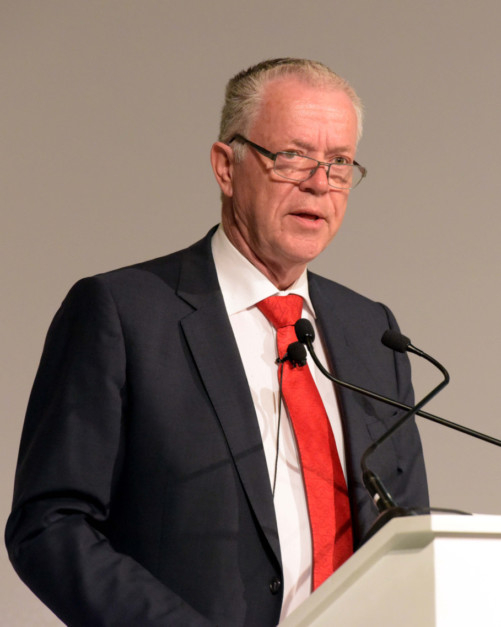
Abu Dhabi: Launching prevention programmes can play an important role in keeping individuals away from being lured into extremism while online, a Dutch official said at the International Conference for the Criminlisation of Cyberterrorism (ICCCT) in Abu Dhabi on Monday.
Speaking on the threat of cyber extremism, Leendart Verbeek, who serves on the Council of Europe, said that eliminating the threat before it could happen was just as crucial as reacting to it, and explained that community engagement programmes was one route to take. He warned that isolation and stigmatisation would play into the hands of online extremists looking to recruit vulnerable people.
“In the long term preventive measures are absolutely key for staying in control… Measures that take away the incentives to commit terrorism. These measures compromise of preventing radicalisation of vulnerable people. Such a policy is needed on a national, regional, and local scale,” he said.
“What we need today are local authorities that take up the leadership in the fight against extremism, local leaders that openly embrace diversity, promote inter cultural and inter religious dialogue… Promoting inclusion and social cohesion should be the objectives of all policies,” he added.
Verbeek cited some examples of such community programmes that have been launched around Europe.
“In the city of Bilbao in Spain, they developed an anti-rumours application, testing the knowledge that people have about immigrants and decoding rumours about newcomers in the city.
“In Sweden they organise regular anti-rumour cafes for youngsters, focusing on topic issues such as the Swedish culture is under threat or the incompatibility of Swedish and immigrant culture,” he added.












